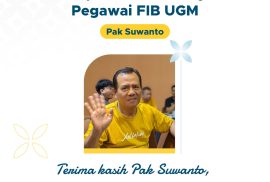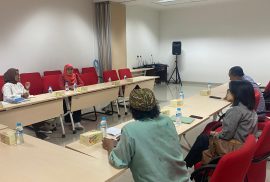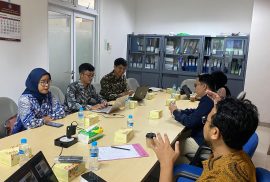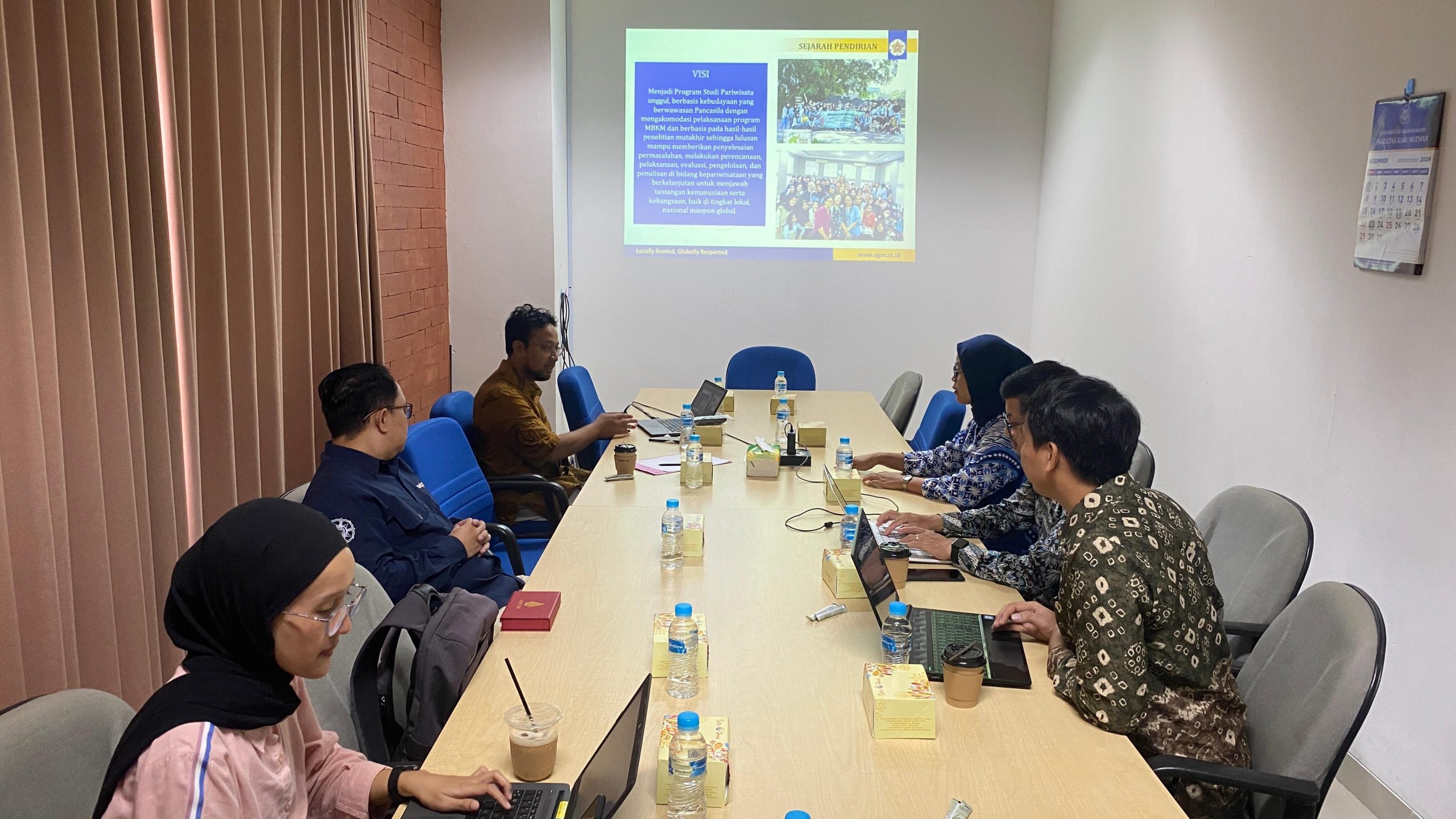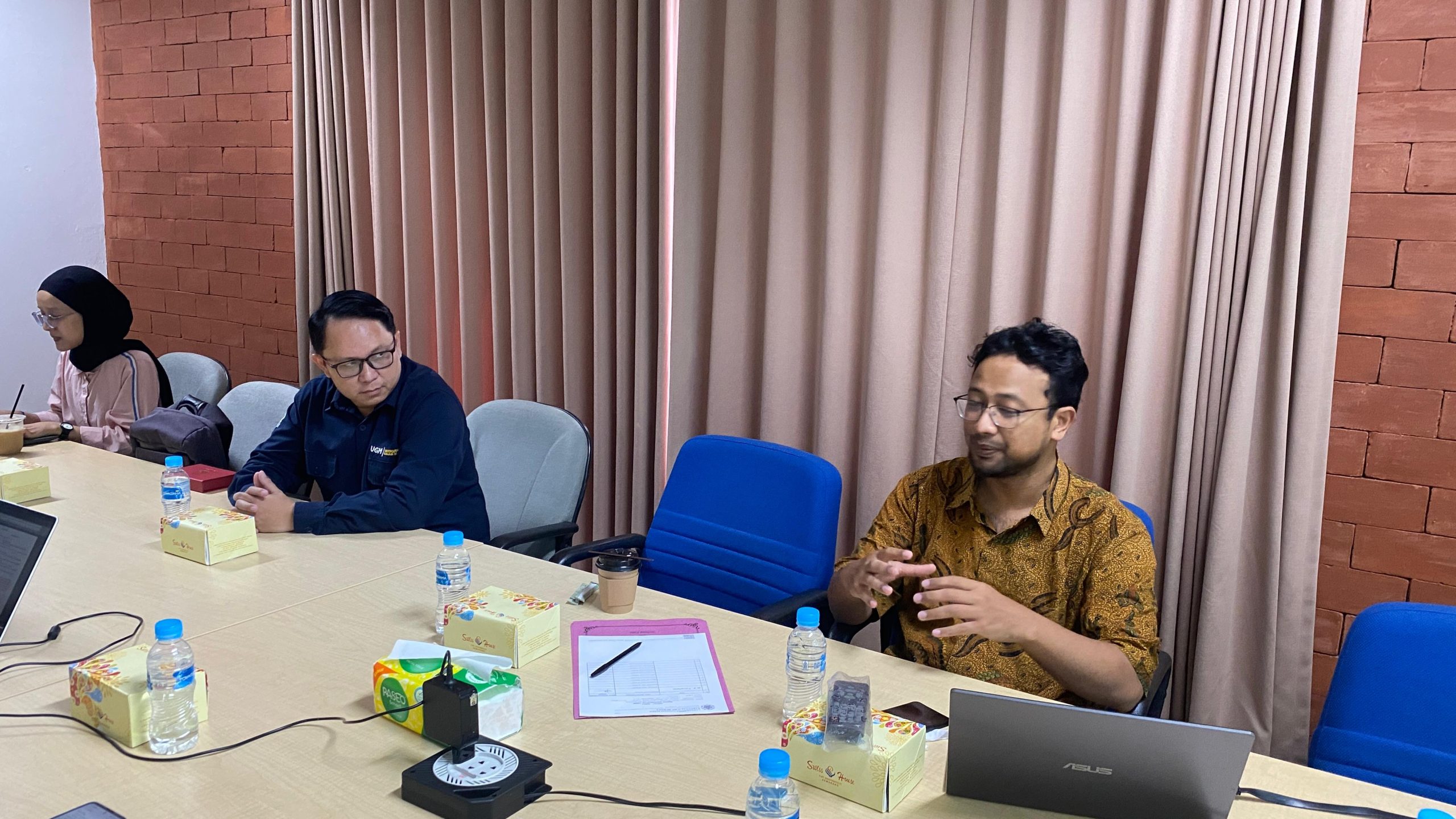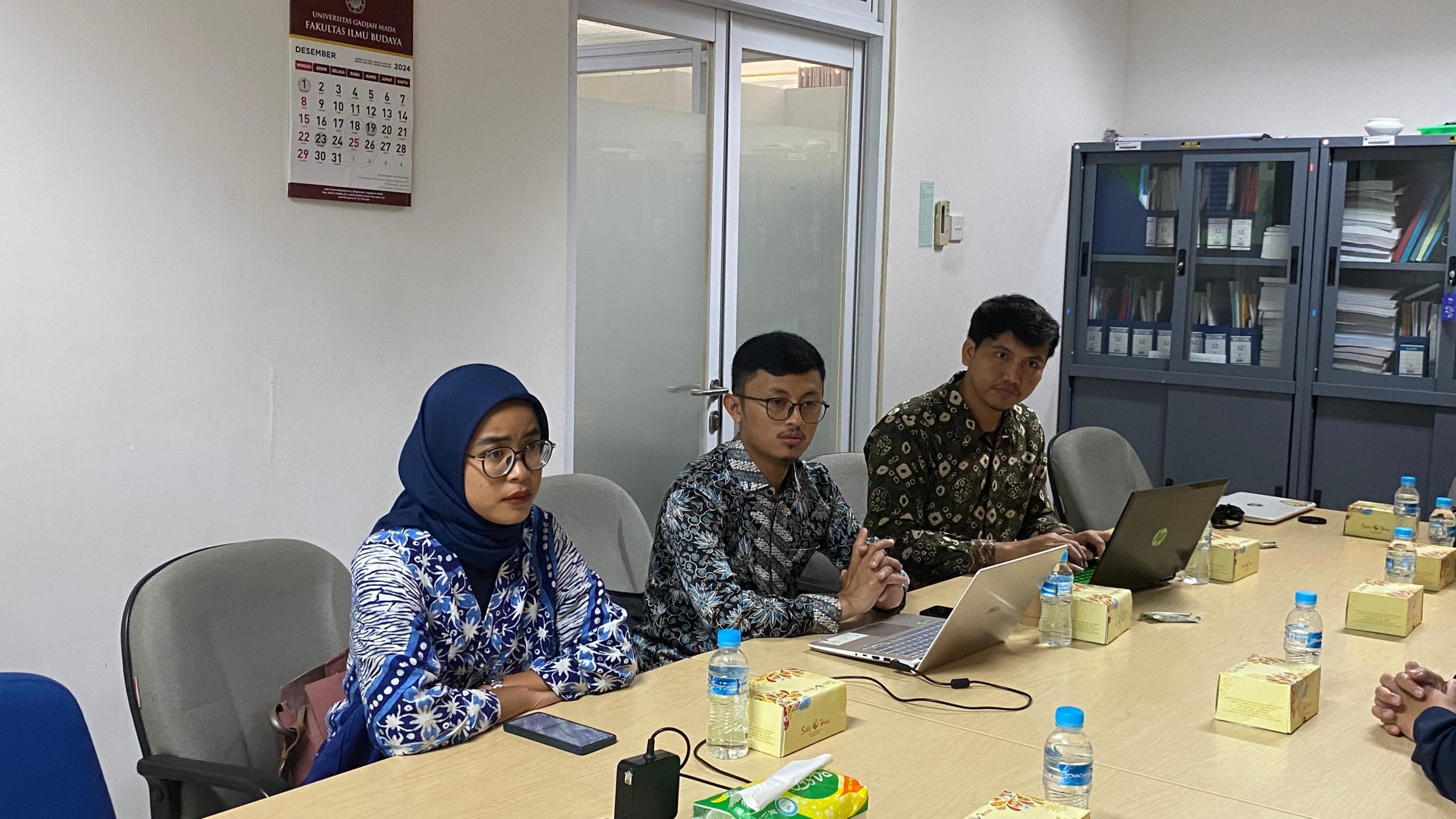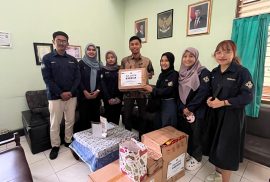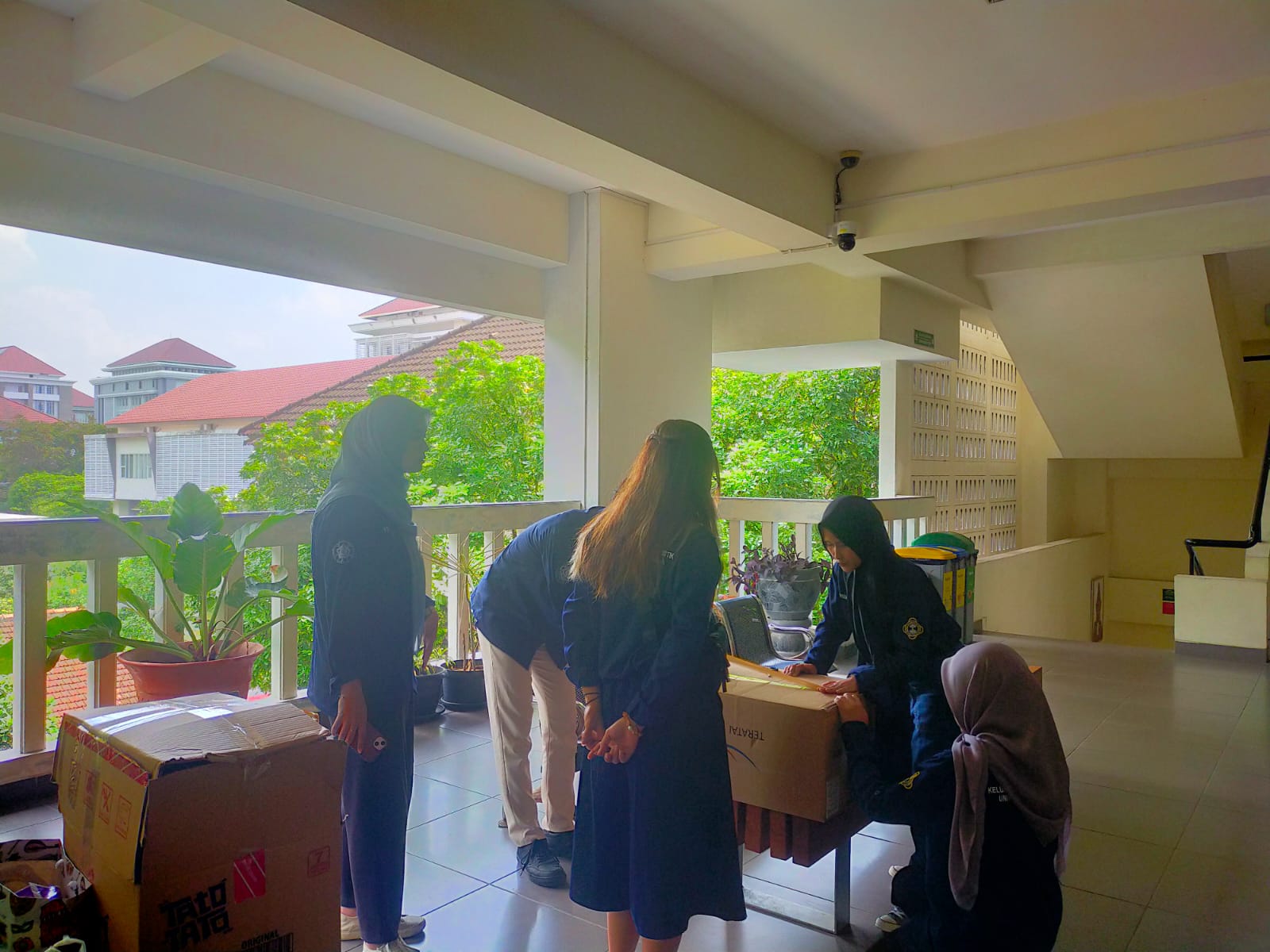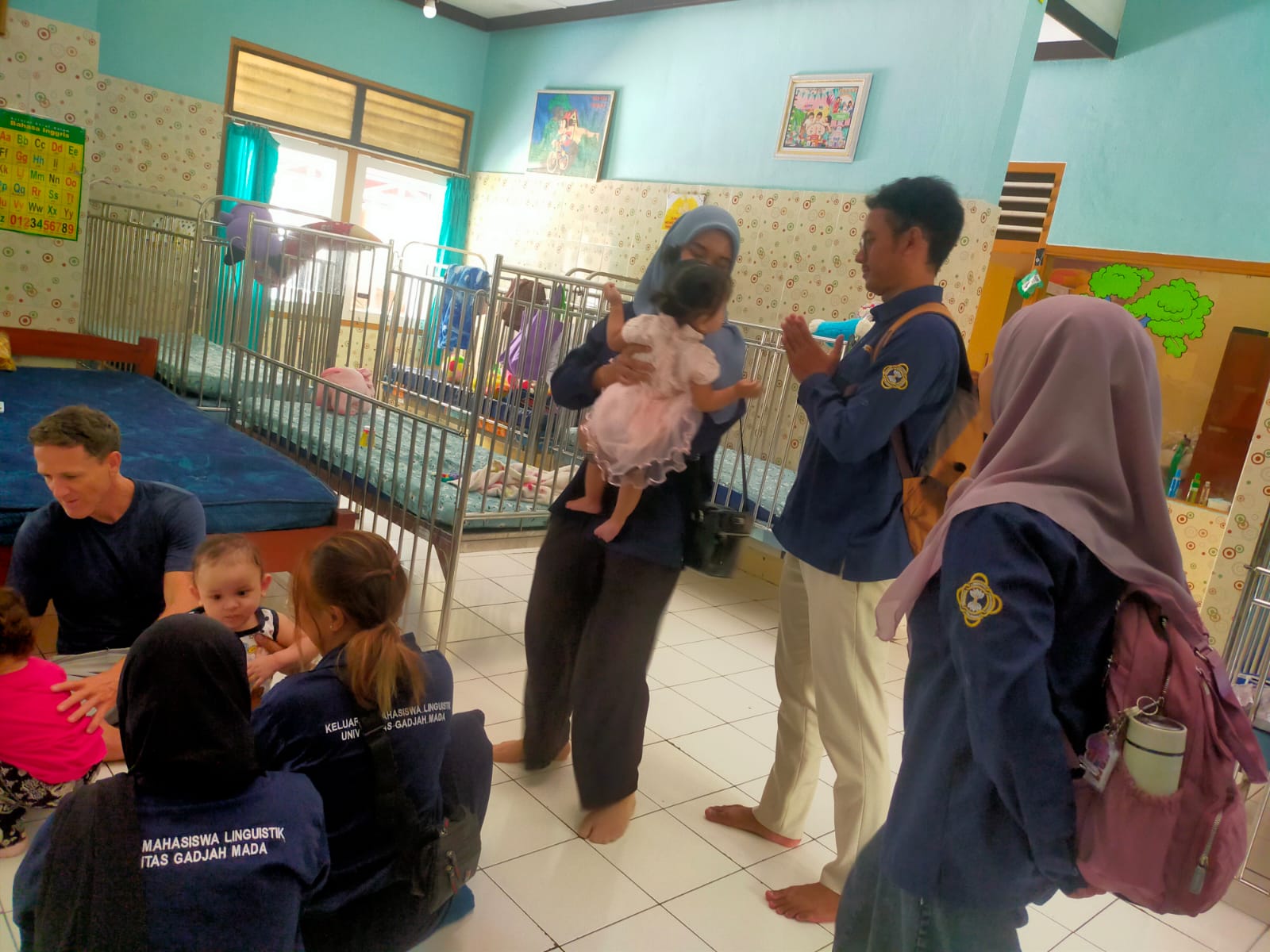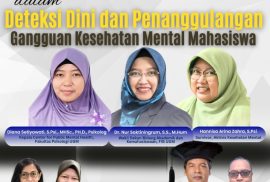The Faculty of Cultural Sciences Universitas Gadjah Mada (FIB UGM) held a release ceremony for staffing education personnel, Mr. Suwanto, on Monday, December 30, 2024. The event took place solemnly in the Auditorium of Building R. Soegondo 709 from 09.00 to 12.00 WIB.
The event began with remarks from representatives of faculty leaders, who expressed their gratitude for Mr. Suwanto’s dedication over the years. In his speech, the Dean of FIB UGM appreciated his contribution and hard work that had supported various faculty programs with full responsibility.
Furthermore, an emotional atmosphere was felt when Mr. Suwanto gave his parting words. He expressed his gratitude and happiness for the opportunity he had been given to be part of the big family of FIB UGM.
The event continued with the handover of mementos as a form of respect and appreciation for Mr. Suwanto’s service. The presentation was made by representatives of the education staff and faculty leaders.
The event ended with a group photo and social gathering, where all participants offered their prayers and best wishes for Mr. Suwanto’s next journey in life. The ceremony was an important moment to commemorate Mr. Suwanto’s service as well as to strengthen family ties within the Faculty.

